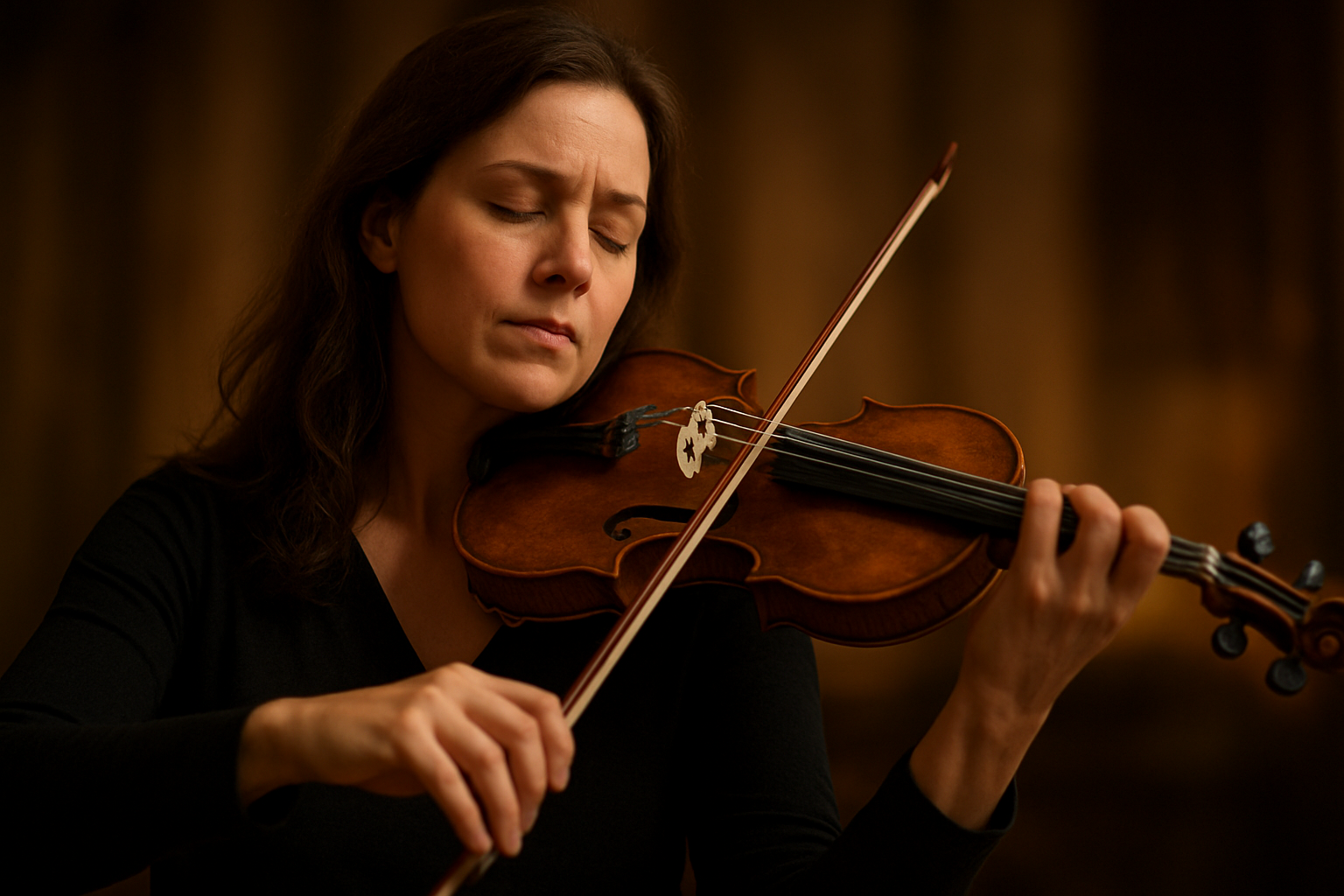Throughout history, music has served as both an expression and an invocation of the divine. The classical repertoire, in particular, encompasses a wealth of compositions that engage deeply with spiritual themes and elevate the listener to transcendent realms.
“Music is the mediator between the spiritual and the sensual life,” noted Ludwig van Beethoven. His assertion captures the essence of why music, especially classical, can be a profound spiritual tool.
The Historical Symbiosis of Music and Spirituality
The spiritual power of classical music can be traced back to antiquity. In the Middle Ages, Gregorian chants resounded through the cathedrals of Europe, their ethereal harmonies designed to lift the soul closer to God. Such music was often regarded as a form of prayer, an offering of sound that transcended mere words.
During the Renaissance, composers like Giovanni Pierluigi da Palestrina furthered this sacred tradition, with works that were both devotional and artistically innovative. The Missa Papae Marcelli, for instance, is celebrated for its clarity and divine beauty, often performed during significant ecclesiastical events.
Baroque Flourishes and Beyond
The Baroque era witnessed an explosion of religious compositions designed to evoke deep spiritual experiences. Johann Sebastian Bach, a devout Lutheran, viewed his work as a direct service to God, infusing his compositions with profound religious sentiment. His B Minor Mass and St. Matthew Passion are not only masterpieces of the choral repertoire but also profound meditations on faith and redemption.

In the words of Bach himself, “The aim and final reason of all music should be none other than the glory of God and the refreshment of the spirit.” His view on music’s purpose underlines its role as a conduit between the human and the divine.
Romanticism and Individual Expression
With the Romantic era came a shift towards a more personal form of spirituality in music. Composers like Franz Liszt and Johannes Brahms infused their works with an individual quest for meaning and transcendence. Liszt’s St. Elisabeth is a striking oratorio that combines rich, emotive music with the narrative of sainthood and sacrifice.
In a similar vein, Brahms’ A German Requiem offers a contemplative view on life and death, distinct from the traditional Latin requiem masses. Rather than focusing solely on divine judgement, it emphasizes comfort and hope for the living. As the composer stated, this requiem was “for the living”, offering solace through its serene and uplifting harmonies.
Contemporary Reflections
In modern times, the spiritual power of classical music continues to resonate. Composers like Arvo Pärt and John Tavener draw from a deep well of religious and mystical traditions. Pärt’s Spiegel im Spiegel and Tavener’s Song for Athene are contemporary pieces that have captured global audiences with their hauntingly spiritual soundscapes.
“I could compare my music to white light, which contains all colors,” explained Pärt. His works often strive for simplicity and clarity, creating music that invites listeners into profound stillness and contemplation.
The Listener’s Experience
Whether in a grand concert hall or a private listening space, the spiritual power of classical music is best appreciated through immersion. The listener becomes both audience and participant in an aural prayer, sharing an intimate communion with the universal themes of beauty, longing, and the divine.
- Silence and Meditation: Many spiritual traditions emphasize the importance of silence and reflection. With its wide dynamic range and emotional depth, classical music often mirrors these experiences, allowing listeners to meditate and reflect on their own spirituality.
- Transcendence: Instrumental and vocal harmonies found in classical pieces often invoke a sense of the otherworldly, offering moments of transcendence where time seems to dissolve, and the listener is lost in the music.
- Communal Experience: Choral works, in particular, offer communal expressions of faith and spirituality, reinforcing a shared human connection to the divine.
In conclusion, classical music serves as more than mere auditory pleasure. It is a powerful form of spiritual expression, one that offers both solace and inspiration. In a world fraught with noise, it remains a quiet but potent force for connection with the divine.
